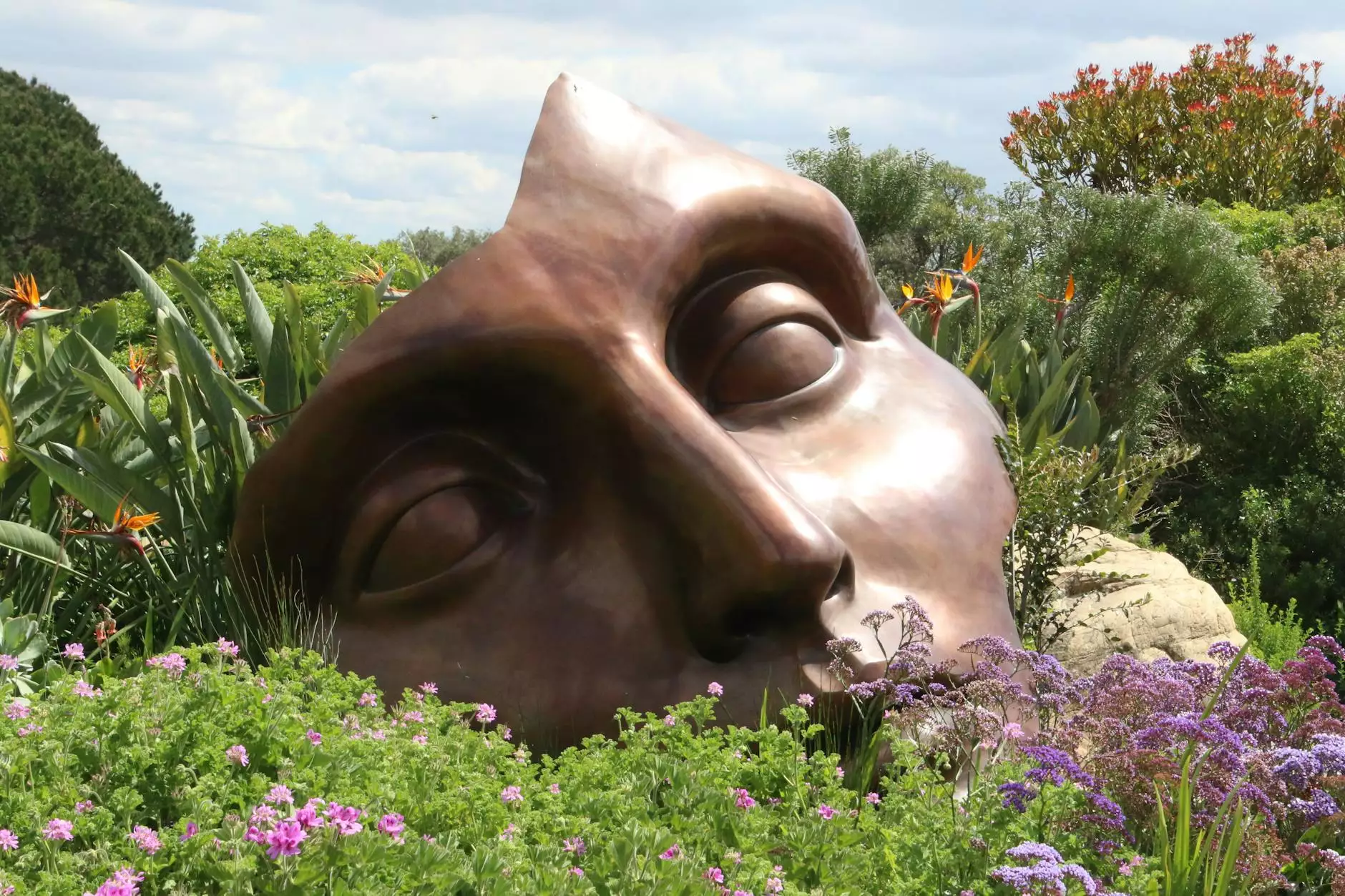Julius Caesar as Second Founder of Rome & the Evolution
Articles
Introduction
Welcome to the world of Julius Caesar, the great Roman statesman, general, and orator. In this page, we will delve into the life of this remarkable historical figure and explore his significant role as the Second Founder of Rome. Join us on a journey through history as we uncover Caesar's remarkable strategies, accomplishments, and lasting legacy.
Early Life and Rise to Power
Julius Caesar was born on July 12, 100 BC, into a prestigious Roman family. His early exposure to politics and learning shaped his ambition from a young age. Caesar quickly rose to prominence, serving as a military general and winning several notable victories in Gaul, modern-day France.
The Gallic Wars and Triumphs
One of Caesar's most significant achievements was his military conquests during the Gallic Wars. These campaigns not only expanded Rome's territories but also showcased Caesar's exceptional military skills and strategic genius. Through unwavering determination and unmatched tactical prowess, Caesar achieved victory against formidable opponents and brought Gaul under Roman control.
Dictatorship and Political Reforms
Caesar's military success propelled him into the realm of politics. His ambition to reform the Roman Republic led to a series of political maneuvers, eventually leading to his appointment as dictator for life. During his tenure, Caesar implemented numerous influential political and social reforms, aiming to alleviate social inequality and restore stability to Rome.
The Ides of March and Legacy
Tragically, Caesar's pursuit of political reform led to his assassination on the Ides of March, 44 BC. However, his death did not diminish his impact. Caesar's legacy extended far beyond his lifetime, and his influence on Roman history remains undeniable. His reign marked a significant turning point, acting as the catalyst for the transition from the Roman Republic to the Roman Empire.
Julius Caesar as Second Founder of Rome
Julius Caesar's decisive military victories, political reforms, and charismatic leadership solidified his position as the Second Founder of Rome. By strengthening the empire, stabilizing the government, and initiating progressive social changes, Caesar played a pivotal role in shaping the future of Rome.
Caesar's Contributions to Roman Society
Caesar's contributions to Roman society were varied and far-reaching. His political reforms aimed to address issues of corruption, economic inequality, and land distribution. Through the implementation of these reforms, Caesar sought to bridge the gap between social classes, paving the way for a more egalitarian society.
Legacy of Caesar's Military Strategies
Caesar's military strategies revolutionized the art of war. His use of innovative tactics, such as swift and strategic flanking maneuvers, propelled Rome to dominance on the battlefield. These strategies proved influential for subsequent military leaders, both within and outside the Roman Empire.
The Influence of Caesar's Oratory Skills
Beyond his military and political achievements, Caesar was also known for his remarkable oratory skills. Captivating audiences through his eloquence, he inspired and convinced others to support his vision for Rome. His speeches, such as the famous "Veni, Vidi, Vici," resonate even today as examples of powerful rhetoric.
Conclusion
Julius Caesar's impact on the development and evolution of Rome cannot be overstated. As the Second Founder of Rome, his military strategies, political reforms, and oratory skills shaped the course of Roman history. Although his life was tragically cut short, his legacy lives on, reminding us of the enduring power of leadership, determination, and the pursuit of a vision greater than oneself.









